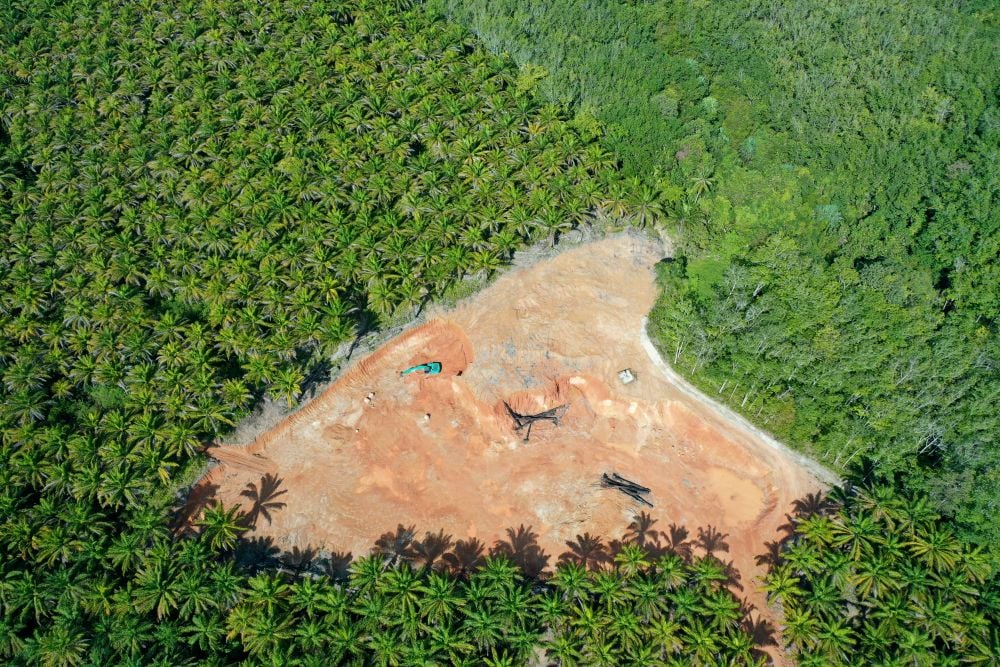Hong Kong is leading Asia’s environmental, social and governance (ESG) journey in the real estate sector with three companies in the territory topping research firm Sustainalytics’ list of firms with negligible ESG risk, followed by regional counterpart Japan with two. Singapore, the region’s other major financial hub, had zero.
Swire Property ranked the highest in Hong Kong and 37th among 1,069 real estate companies globally, as of October 2022, and is the only property developer in the territory with negligible ESG risk.
The other two Hong Kong companies are A-living Smart City Services and Prosperity Real Estate Investment Trust, a property management company and a real estate investment trust, respectively.
As well, most large real estate companies in Hong Kong like Sun Hung Kai Properties, New World Development and Henderson Land Development have low ESG risks.
The Hong Kong government has been proactively accelerating the ESG journey in the real estate sector, which plays a key role in improving energy efficiency and decarbonizing the city. Buildings in the territory, according to a Deloitte ESG report, account for around 90% of electricity consumption and more than 60% of carbon emissions.
The government’s Climate Action Plan 2050, rolled out in 2021, set long- and medium-term targets for reducing electricity consumption. By 2050, electricity consumption should be reduced by 30% to 40% for commercial buildings and 20% to 30% for residential buildings, from 2015’s levels. By 2035, reductions should achieve half of these targets.
Hong Kong Exchanges and Clearing, as of January 2022, requires listed companies to publish, along with their annual reports, ESG reports that incorporate key recommendations of the internationally recognized Task Force on Climate-Related Financial Disclosures (TCFD).
Meanwhile, Hong Kong’s Green and Sustainable Finance Cross-Agency Steering Group has announced plans for mandatory TCFD-aligned climate-related disclosures by 2025.
The TCFD standard requires all sectors to disclose the metrics and targets used to access and manage relevant climate-related risks associated with water, energy, land use and waste management, etc.
Leading the way, CK Hutchison Holdings, one of the largest Hong Kong real estate developers, released sustainability reports in three consecutive years from 2019 to 2021, which detail the company’s greenhouse gas (GHG) emissions, use of energy, air emissions and waste produced.
The company’s GHG emissions, the reports show, decreased year on year from 2019 to 2021, with a 12% decrease in 2021. Electricity consumption, the main target of the government’s Climate Action Plan, has seen a slight drop to 1,334,499 kilowatt-hours (kWh) in 2021 from 1,389,684 kWh in 2020. However, it was still higher than the 2019 level of 1,294,874 kWh.
Other property giants in Hong Kong, such as Henderson Land Development company and Sun Hung Kai Property, also publish sustainability reports that set environmental key performance indicators and disclose their GHG emissions with reference to TCFD standards.
Sun Hung Kai Property also discloses the Scope 3 GHG emissions, which are the indirect emissions upstream or downstream on its value chain, for example, the emissions from buyers and suppliers. This is rarely seen in most company reports as it is difficult for a company to calculate and control these emissions.
While listed property companies, urged on by the government, are more actively participating in ESG disclosure, there are still some transparency issues involving small and medium-sized enterprises (SMEs) as they are not subject to mandatory requirements from regulators.
Large property firms are trying to help these SMEs with the their ESG disclosure. However, a board member at a top Hong Kong property company says that so far it has been quite challenging to set benchmarks as many SMEs are still unwilling to participate.
The ESG journey in the Hong Kong real estate sector, the board member argues, needs the joint efforts of the three parties involved – with the government, acting as the regulator, providing clear regulations and standards; large companies, as industry experts, contributing their advice; and banks offering lower financing rates that incentivize companies to comply with ESG standards.









